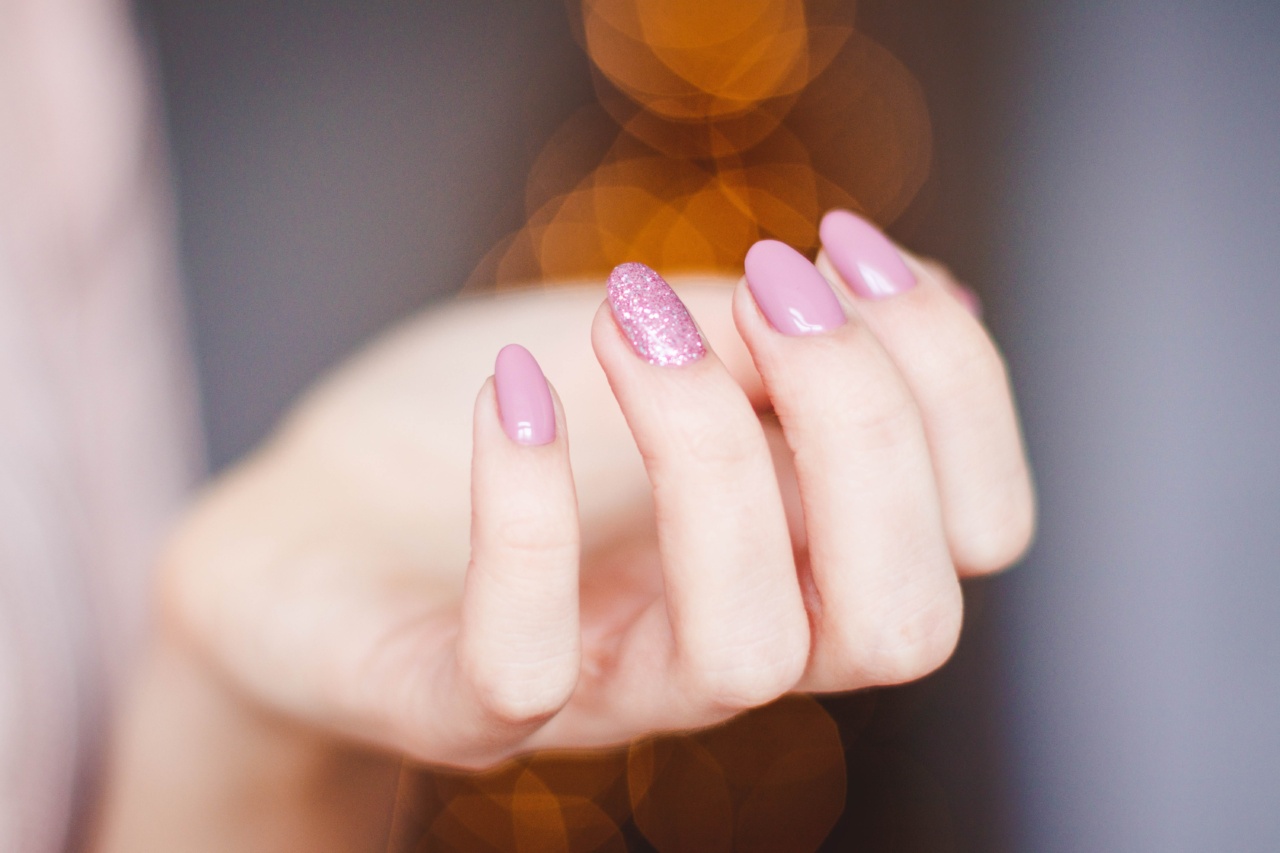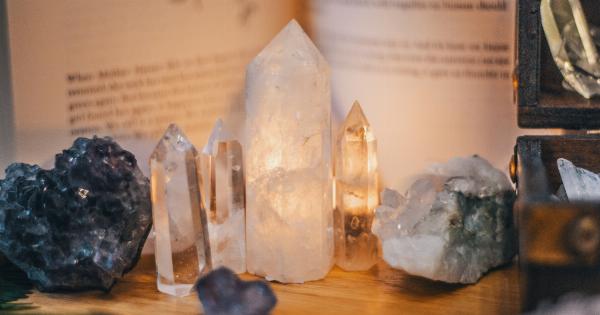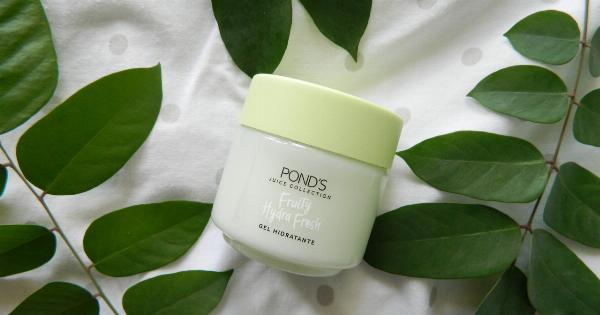The pursuit of healthy and radiant skin is a journey that many of us embark upon. With a plethora of skincare products available, it can become overwhelming to find the right one for your specific needs.
However, nature often holds an abundance of treasures that have been used for centuries to address various skin concerns. One such ingredient is licorice.
What is Licorice?
Licorice, scientifically known as Glycyrrhiza glabra, is a perennial herb native to Europe and Asia. It has long been recognized for its medicinal properties and has been used in traditional medicine to treat a wide range of ailments.
However, in recent years, licorice has gained attention for its potential benefits in skincare. The root of the licorice plant contains compounds that are particularly beneficial for the skin.
The Powerful Properties of Licorice
Licorice possesses several powerful properties that make it an excellent ingredient for skin treatment:.
1. Anti-Inflammatory:
One of the key components of licorice root is glycyrrhizin, which has significant anti-inflammatory effects. Inflammation is a common underlying factor in many skin issues, including acne, rosacea, and eczema.
Licorice can help calm irritated skin, reduce redness, and alleviate inflammation.
2. Antioxidant:
Licorice contains various antioxidants, including glabridin and licochalcone A, which help protect the skin from oxidative stress caused by free radicals.
These antioxidants work to neutralize harmful molecules, preventing them from damaging the skin cells and resulting in premature aging.
3. Skin Brightening:
Glabridin found in licorice root inhibits the production of melanin, the pigment responsible for dark spots and hyperpigmentation.
By slowing down melanin production, licorice helps even out skin tone, reduce dark spots, and promote a brighter complexion.
4. Moisturizing:
Licorice extract also possesses humectant properties, which means it helps attract moisture and retain it in the skin.
This enhances hydration levels and improves the skin’s overall moisture balance, resulting in a plumper and more supple complexion.
5. Collagen Stimulation:
Licorice contains compounds that stimulate the production of collagen, a protein responsible for maintaining the skin’s elasticity and firmness.
By promoting collagen synthesis, licorice can help minimize the appearance of fine lines and wrinkles, resulting in a smoother and more youthful-looking complexion.
Using Licorice in Your Skincare Routine
Now that we’ve explored the incredible benefits of licorice for skin treatment, let’s discuss how you can incorporate it into your skincare routine:.
1. Licorice Extract:
Look for skincare products that contain licorice extract as an active ingredient. These products may include serums, creams, or masks specifically formulated to target various skin concerns.
2. DIY Licorice Face Mask:
You can create a simple DIY face mask using licorice powder or licorice root extract. Mix the licorice powder with a suitable base such as honey or yogurt, apply it to your face, and leave it on for 15-20 minutes before rinsing off.
This mask can help brighten the complexion and provide a natural glow.
3. Calming Toner:
For those with sensitive or inflamed skin, a licorice-infused toner can work wonders. Look for toners containing licorice extract that can help soothe and calm irritated skin while providing hydration.
4. Spot Treatment:
If you struggle with acne or occasional breakouts, using a targeted spot treatment with licorice extract can help minimize inflammation and speed up the healing process.
5. Sun Damage Repair:
Licorice also shows potential in repairing sun damage. Look for products specifically formulated to address sunspots and hyperpigmentation, which often contain licorice extract as a key ingredient.
Precautions and Considerations
While licorice offers numerous benefits, it’s important to be aware of a few considerations:.
1. Allergic Reactions:
Some individuals may be allergic to licorice or certain components present in licorice extract. It’s always advisable to perform a patch test before incorporating any new skincare ingredient into your routine.
2. Avoid Excessive Use:
Like any skincare ingredient, using licorice in moderation is key. While licorice is generally considered safe for topical use, excessive or prolonged use may cause unwanted side effects.
Always follow the instructions provided by the product and consult a dermatologist if you have any concerns.
3. Consultation for Specific Concerns:
If you have any specific skin concerns or conditions, it’s best to consult a dermatologist who can guide you on the most appropriate use of licorice in your skincare routine.
In Conclusion
Licorice, with its anti-inflammatory, antioxidant, skin brightening, moisturizing, and collagen-stimulating properties, offers a multitude of benefits for skin treatment.
Whether you choose skincare products containing licorice extract or opt for DIY remedies, incorporating licorice into your skincare routine can help improve your complexion, address various skin concerns, and promote a healthier, more radiant appearance.




























